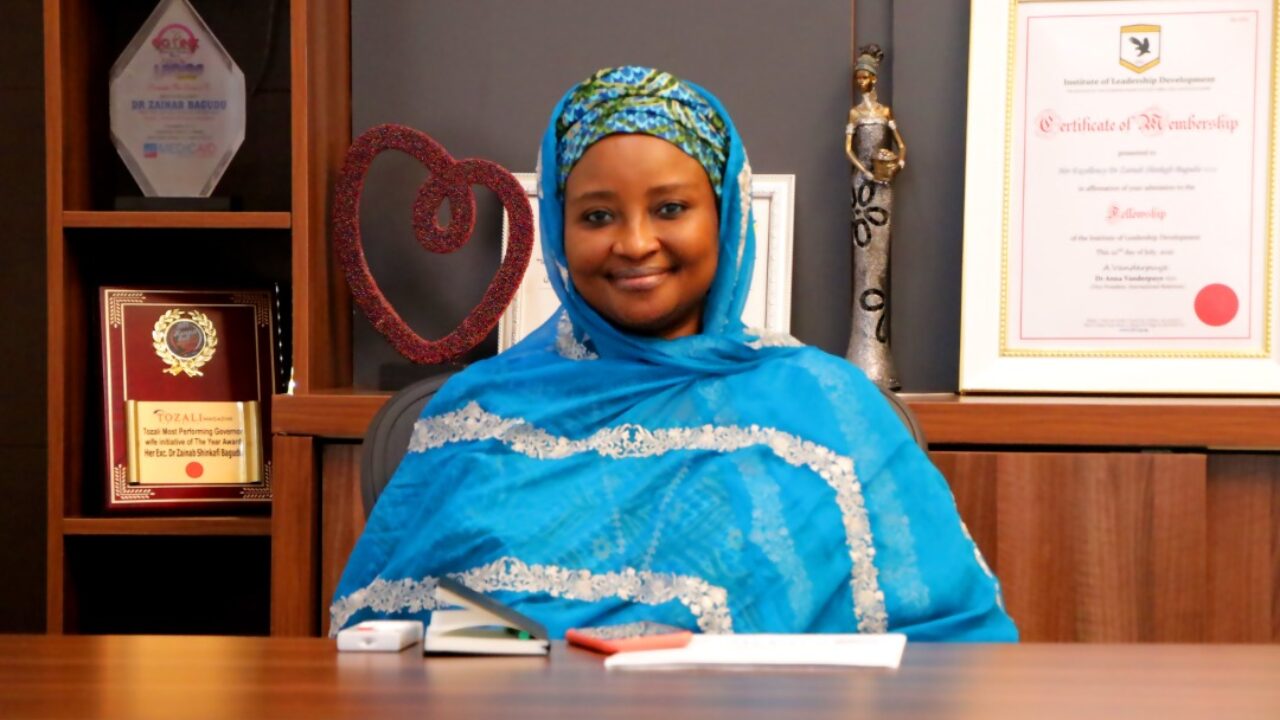Cervical cancer is a significant global public health concern, and Nigeria is no exception to its devastating impact. It ranks as the second most common form of cancer among women in Nigeria, resulting in an estimated 12,065 new cases and 7,968 deaths each year. The majority of these cases are preventable through vaccination against the Human Papillomavirus (HPV), the virus responsible for cervical cancer. Recognizing this burden, Nigeria has taken significant steps to provide the HPV vaccine for Nigerian girls aged nine to 14, with support from Gavi, the Vaccine Alliance, and UNICEF.
The high prevalence of cervical cancer in Nigeria can be attributed to a complex interplay of factors. While inadequate access to prevention, such as vaccination and screening, is a widely acknowledged challenge, poverty and lack of education and awareness also play critical roles in elevating risk. Addressing these multifaceted issues is essential to ensuring universal access to HPV vaccines for adolescent girls in Nigeria.
The National Primary Health Care Development Agency (NPHCDA) is spearheading the introduction of the HPV vaccine into the routine immunization schedule at the national level starting from November 2023. The rollout will commence in 16 states, targeting girls between the ages of nine and 14 through in-school and outreach vaccination models.
One of the obstacles in increasing HPV vaccine coverage is the lack of awareness and understanding of the link between HPV and cervical cancer among many Nigerians. To address this challenge, NPHCDA, in collaboration with State Primary Health Care Development Agencies (SPHCDA), has made commendable efforts to create a conducive environment for improving acceptance and adoption of the HPV vaccine across the country. As a long-term advocate for universal access to the HPV vaccine and the Chairperson of First Ladies Against Cancer (FLAC) Initiative, I have witnessed the extensive work involved in building a national coalition of cancer advocates and civil society groups. These groups are vital in generating awareness and maintaining the demand for HPV vaccination at sub-national and community levels.
It is essential to recognize the diversity among adolescent girls aged nine to 14 in Nigeria, as there are regional disparities that need to be addressed to effectively reach this target group. Notably, over 50% of Nigerian girls are not attending school at the basic education level, with approximately 7.6 million girls out of school in Nigeria as of 2023. The challenge is to ensure that SPHCDAs have a comprehensive implementation strategy that engages healthcare workers, teachers, traditional and religious leaders, and community-based civil society groups to reach every adolescent girl with the HPV vaccine.
Healthcare workers, especially those serving communities across the country, play a critical role in rapidly increasing access to the HPV vaccine. Ensuring the vaccine’s potency, given Nigeria’s challenging infrastructure and security issues, is another obstacle. A well-defined HPV vaccine delivery strategy, similar to the Reach Every Settlement (RES) model used in the national polio program, is needed to manage vaccine distribution in insecure and hard-to-reach areas.
The design of Nigeria’s primary healthcare system necessitates that healthcare workers educate the public about the HPV vaccine and cervical cancer, administer the vaccine, and monitor its safety and effectiveness. While capacity building for healthcare workers at the state level is ongoing, it must be a continuous effort to maintain quality and performance. Due to the limitations in the number and distribution of public sector healthcare workers across Nigeria, state ministries of health should consider involving duly registered private-for-profit healthcare providers to meet coverage targets.
Educators also have a pivotal role, especially in instituting access to HPV vaccination through the school-based model. Teachers are instrumental in imparting health knowledge to students and securing parental consent for an effective vaccination program. Beyond schools, the SPHCDA must implement an advocacy program to engage religious and traditional leaders, particularly in the northern region of Nigeria. This collaborative approach is vital for universal acceptance and adoption of the HPV vaccine.
The experience of the Medicaid Cancer Foundation, which piloted school-based HPV vaccination in Yauri, Kebbi State in 2020, underscores the importance of cancer non-profits and civil society groups in raising awareness, generating demand, and reaching adolescent girls in and out of school. Their approach, involving public-health-sector and community gatekeepers, contributed to high levels of HPV vaccine acceptance during the pilot.
Globally, only one in eight girls is vaccinated against HPV. Supply chain challenges, worsened by the COVID-19 pandemic, persist. Although the number of WHO pre-qualified HPV vaccines has increased from two to five since 2017, demand outpaces supply, and the vaccine remains unaffordable in many sub-Saharan African countries. To address these issues and fulfill Gavi’s commitment to vaccinate 13.6 million girls by 2025, the Federal Ministry of Health must prioritize local HPV vaccine manufacturing. Drawing lessons from the COVID-19 pandemic, building local vaccine manufacturing capacity should be a health security priority for Nigeria, enhancing access to and uptake of the HPV vaccine in the Sub-Saharan Africa region.
The successful introduction of the HPV vaccine in Nigeria hinges on the dedication of policymakers at both national and subnational levels to create a coalition of stakeholders. This comprehensive approach prioritizes providing accurate information, raising awareness about the vaccine, allocating resources for healthcare workers to reach diverse communities across the nation, and ensuring transparent and accountable implementation processes. By pursuing these strategies, Nigeria can accelerate its progress toward vaccinating 90% of Nigerian girls with the HPV vaccine by the age of 15 by 2030.
Dr. Shinkafi-Bagudu, former First Lady of Kebbi State, is a Consultant Pediatrician and a global health advocate, with a particular focus on cancer.




